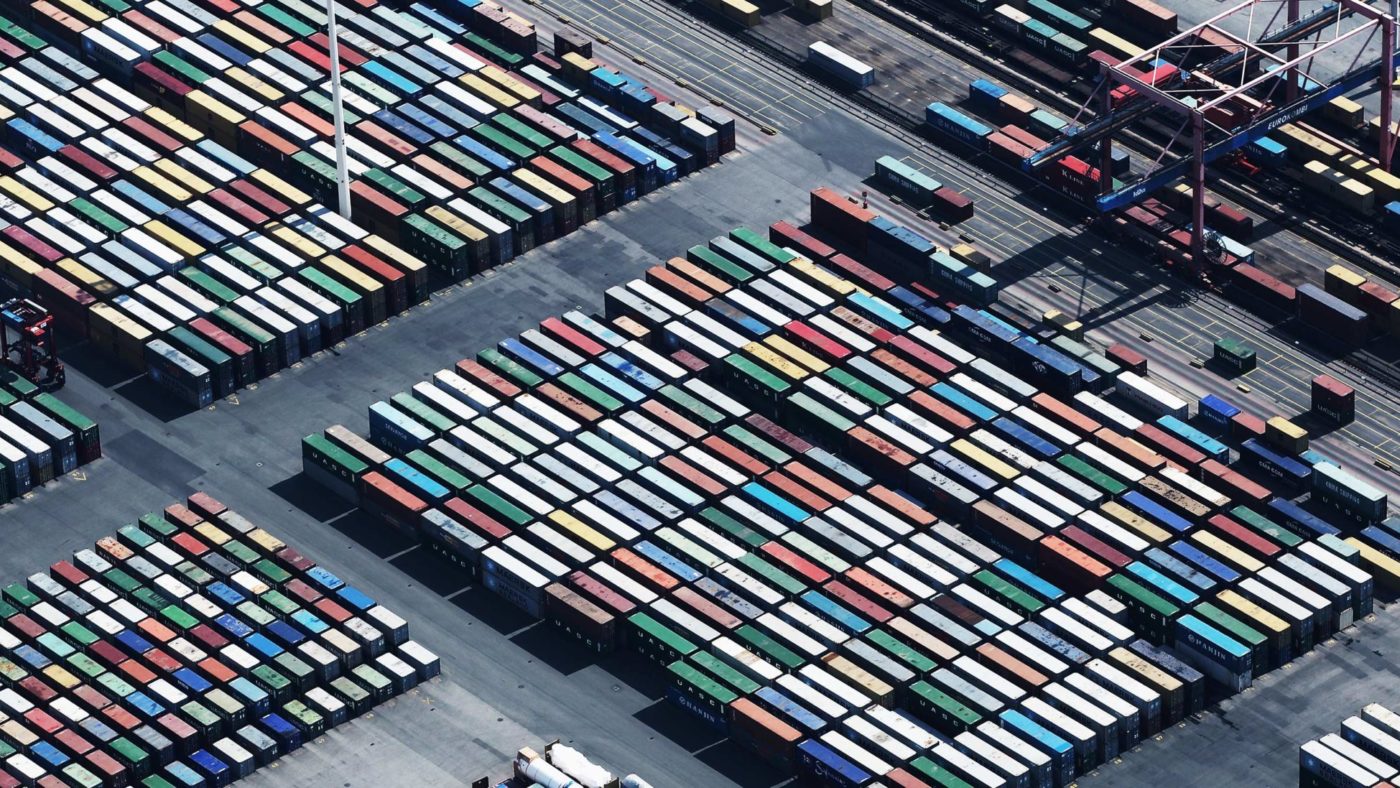In broad brush and bright colours, every new Prime Minister must set objectives for their time in office.
For post-Brexit Britain, the Department for International Trade(DIT) will play an increasingly important role in achieving those aims. The statistics around trade are striking: jobs linked to exports are 21% more productive and pay 7% more. The capital in particular has been a magnet for foreign direct investment that benefits the whole country. Between 2003-15, London attracted some £7.6bn in direct investment between 2003-2015, helping create around 40,000 jobs outside the city.
Whoever becomes the next International Trade Secretary will have big shoes to fill. Liz Truss, who served in the role from July 2019 to September 2021, ‘wheeled and dealed’ in exemplary fashion, signing deals with key Asian economies such as South Korea and Japan, and with African nations like Kenya. Her successor, Anne-Marie Trevelyan, has been a driving force behind the Green Trade agenda, and the Comprehensive and Progressive Agreement for Trans-Pacific Partnership (CPTPP) accession.
The next phase of British trade policy needs three key components: a renewed commitment to Free Trade Agreements, sustained efforts to join CPTPP, and a greater commitment to inward investment.
Bilateral deal are the bread-and-butter of the department’s work, easing the flow of goods, services and people in a way that benefits both parties. Crucially, they widen and deepen the markets for Britain’s high-quality exporters, which are so important to our prosperity, boosting wages and productivity, and providing the cash to fund imports. An FTA with India is currently on the blocks and if we could complete it before Diwali, it would send a powerful message about the new Government’s commitment to trade.
Much as we lionise exports, it’s worth pointing out that imports are good, too! As well as offering diverse supply, they mean lower prices and more choice for consumers. Adam Smith famously noted that Scotland could grow grapes and produce wine ‘by means of hot-walls and glass houses’ on the slopes of Ben Nevis, but it would cost them 30 times the price of importing it from France.
Along with bilateral deals, getting Britain signed up to the CPTPP should be a key priority. The benefits are obvious: this is a pact between 11 of the world’s fastest-growing economies. CPTPP members account for 13% of global GDP and 15% of global trade. If that wasn’t enough, CPTPP contains provisions on both goods and services, covering modern areas such as digital trade, too.
Although the UK already has deals with some CPTPP members, joining the bloc is still a goal worth pursuing. CPTPP’s provisions are deeper than existing UK ones – meaning we can cooperate more closely with our partners in the Indo-Pacific. These nations are the growth engine of the world. Around half of the world’s 2.3bn middle-class consumers are expected to be in the Indo-Pacific region by 2030, and CPTPP offers an unparalleled opportunity to access their growing market.
CPTPP also offers developing countries a route to trade their way out of poverty. According to the World Bank, trade has helped increase the number and quality of jobs in developing countries, stimulated economic growth, and driven productivity increases. Britain, as one of the largest economies in the world, has a role to play in alleviating poverty globally – and joining CPTPP can help.
Inward investment is the last piece of the UK’s trade puzzle. Lord Grimstone, the former Minister for Investment, was an outstanding champion for Britain. From hosting the Global Investment Summit, to establishing the new Office for Investment, he flew the flag for British industry well. DIT will need someone of his calibre and experience to follow in his footsteps.
It’s hard to overstate the importance of inward investment to the economy, especially at a time when real wages are suffering and bills rising. According to DIT’s Inward Investment Report, inward investment created or safeguarded almost 74,000 jobs last year. These jobs are spread across the country, too. For the Conservative Party to sustain its current electoral coalition, it must deliver real growth for communities in the North, and quickly.
Crucially, a levelled up economy doesn’t have to mean endless public spending. Inward Investment, especially encouraged by free ports and other market incentives, can inject growth into stale areas, raising living standards, and tackling our decades-long productivity problem.
Inward investment will also help grow our economy – the big challenge underlying so many other issues facing our new Government. In 2023, GDP growth is forecast to be 0.0%, according to the OECD, and the IMF figures are not much better, projecting the lowest annual growth rate in the G7.
There’s no such thing as a silver bullet, but higher GDP growth is as close as you get. A growing economy leads to growing wages, and gives the Government more to spend, without raising taxes.
All of this goes to show that international trade is not an optional extra. Trade is core to growing our economy, levelling up our country, and playing our part on the global stage. The next Trade Secretary must seize this two-for-one with both hands. After all, you never know where a successful stint at DIT can take you…
Click here to subscribe to our daily briefing – the best pieces from CapX and across the web.
CapX depends on the generosity of its readers. If you value what we do, please consider making a donation.


